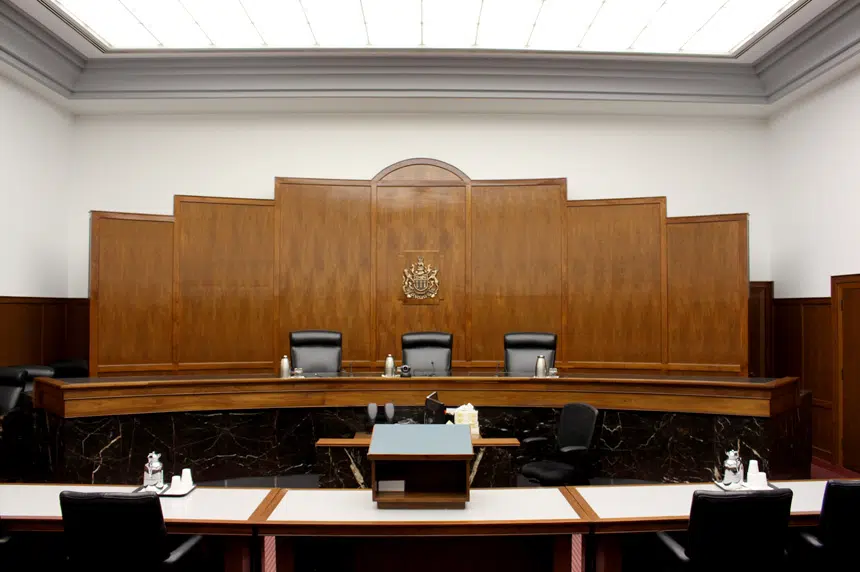He’s admitted to having sex with a 14-year-old friend of her son, but the Supreme Court of Canada (SCOC) is reaffirming a Regina woman’s acquittal on sexual assault charges.
Originally, Barbara George was acquitted of sexual assault charges because the judge felt her assumption that the boy was 16 or 17 was reasonable. At the time, George was 35.
According to the Criminal Code of Canada, an adult must take all reasonable steps to ascertain the age of a partner before having sex.
The boy was attending a party hosted by George’s 17-year-old son. She testified in court that the boy looked that age, shaved, smoked and bought cigarettes.
She didn’t find out the boy’s true age until months later when an application for employment with the RCMP asked whether she’d ever had sex with someone under the age of 16.
When she was acquitted, the Crown appealed the case to the Saskatchewan Court of Appeals. That court disagreed with the lower court and put the case back for another trial.
George’s lawyers appealed that ruling to the Supreme Court of Canada.
At the end of April, the Supreme Court threw out the appeals court ruling and reinstated George’s acquittal.
On Friday, the SCOC released its written decision.
It said the Crown’s original appeal wasn’t based on an error of law, so the appeal shouldn’t have been allowed, and the Saskatchewan Court of Appeal didn’t have jurisdiction.
The SCOC also wrote, “Even if the trial judge had made legal errors, they would not have justified the intervention of the Court of Appeal. The threshold of materiality required to justify appellate intervention in a Crown appeal from an acquittal is an error about which there is a reasonable degree of certainty of its materiality. That threshold is not met in this case”
It said there was no reasonable certainty the trial judge’s verdict hinged on the alleged errors.







